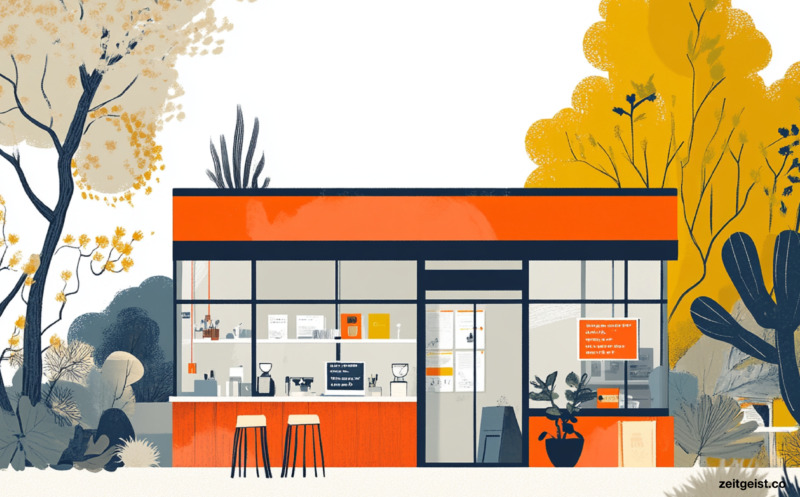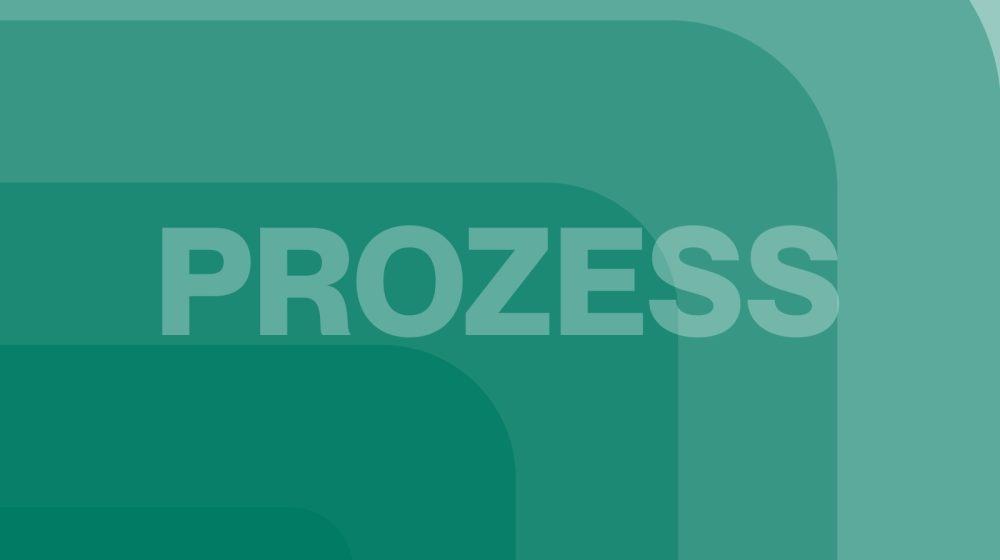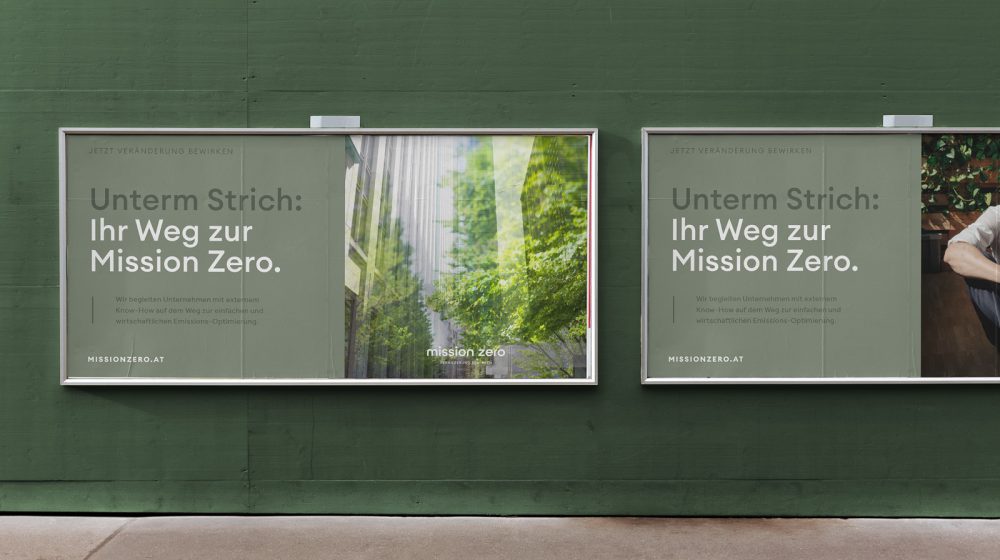Branding is all about clear structures, rules and fact-based patterns? Yes, we definitely need them – but that’s not enough for us. Despite their very comprehensible basis, many standardized branding classes at Zeitgeist seem a bit … cold. We spent some time thinking about why it feels that way – and we are missing a very serious point that we want to give enough space to in our branding process. Right from the start: Empathy.
Human target group
Who do we want to reach with our brands? Well – people. Real people who should develop a bond with the brand. A brand that was also designed by people.
In our practice, we have learned that it is much more effective to engage with the brand on a different level – a level that cannot be poured into a simple form: empathy.

Empathy in our workshops
At Zeitgeist, we went through many branding classes. We’ve watched videos, we’ve attended training courses, we’ve exchanged ideas with others. After several years of practice, we have succeeded in developing our own approach, which we use in our workshops. Our questions are partly based on methods from psychotherapeutic frameworks. This means that condition and status images are always seen in the context of the entire process, not individually.
We therefore regard the entire process and the interaction in the workshop as an essential basis for our branding. And yes, there are a few other skills involved than just getting a prefabricated form through.
There is often more to the questions about mission, vision, USP and values than initially meets the eye. These elements are not just superficial statements, but deeply rooted aspects that really define a brand. If you are prepared to go one step further and look behind the façade, you will discover the true drivers and motivations that make a brand unique. This deeper insight makes it possible to create authentic connections and understand the brand on a level that goes beyond the obvious.

We are prepared not to be able to adjust to anything.
Accordingly, we consistently pursue an empathy-based approach in our workshops, which is reflected in our language, our questions and our actions. We adapt to the people behind the brand and thus delve much deeper into the subject matter. Although we have a predefined process, this is customized from client to client – sometimes directly during the workshop. We are prepared to be able to adapt to anything. This flexibility allows us to give topics more space if we feel that this space is needed. In this way, we create a dynamic and adaptable environment that allows us to capture and respond to the true needs and values of the brand.

“I’ve never thought about my brand like this before”
We create a framework that holds everything together, but at the same time offers more freedom than many traditional branding courses. Accordingly, our methods are based more on attentive listening, asking questions and reading between the lines than pushing through a ready-made list of questions. We pay attention to reactions, subtle hints, changes in mood and swelling enthusiasm, recognizing dynamics and undiscovered goals, ideas or concerns. Then we respond to them – to an appropriate extent. And so we have often been told by our customers: “I’ve never thought about my brand like this before.”
The art of maintaining a balance between a professional branding workshop with clear objectives and the necessary empathy is crucial to the success of our work at Zeitgeist. We understand that structure and goal orientation are essential to achieve tangible results. At the same time, we know that empathy is key to capturing the deeper layers of a brand. This balance allows us to not only strengthen the brand identity, but also to create an authentic connection with the people behind the brand. By acting both professionally and empathetically, we create an environment in which brands can truly grow and thrive. This approach extends from the brand strategists to the design team to the programmers.

Empathy as a creative strength
Our entire Zeitgeist team understands and supports this approach as the core of our successful work and good cooperation. This ensures that empathy is not just a concept, but is actively practiced in every project and every interaction. So we don’t see the word empathy as a buzzword, but as an essential skill and creative strength in the team that helps us to build deeper connections with our clients and their brands.
The facts
Studies show that empathetic brands enjoy stronger customer retention and higher loyalty. According to a 2020 study by Businessolver, 76% of people believe that empathetic companies are more successful than their less empathetic competitors. And yes, this is about recognizing the needs of the brand, understanding who they want to be and what is important to them. These insights are not simply derived from mission statements or USPs. They come from a deep understanding of brand dynamics.
According to a study by Harvard Business Review, brands that connect emotionally with their customers are 52% more valuable than those that do not. This emotional connection is created by telling authentic stories and responding to the deepest needs of the target group.
Understanding the dynamics of the brand
To really understand a brand, we have to get involved with it. It is not enough to just look at the surface. We have to dive deep and grasp the dynamics of the brand, otherwise we will neither be able to capture the essence nor communicate it to real people.
Empathy helps us to answer these questions. A study by Deloitte shows that 60% of customers are willing to pay more for a brand that shares their values. This underlines the importance of empathy in brand strategy.
One example of this is Coca-Cola’s “Share a Coke” campaign, which printed names on bottles to create a personal connection with consumers. This campaign led to a 2% increase in sales in the US, the first increase in over a decade.
Conclusion: The power of empathy in branding
At Zeitgeist, we have learned that empathy is the key to successful branding. By focusing on the people behind the brands and understanding their needs, we create authentic connections and strengthen brand identity. Our empathy-based approach allows us to be agile and create a dynamic environment in which brands can truly thrive. Studies show that empathetic brands build stronger customer bonds and higher loyalty. This approach is at the core of our work and is practiced by our entire team






